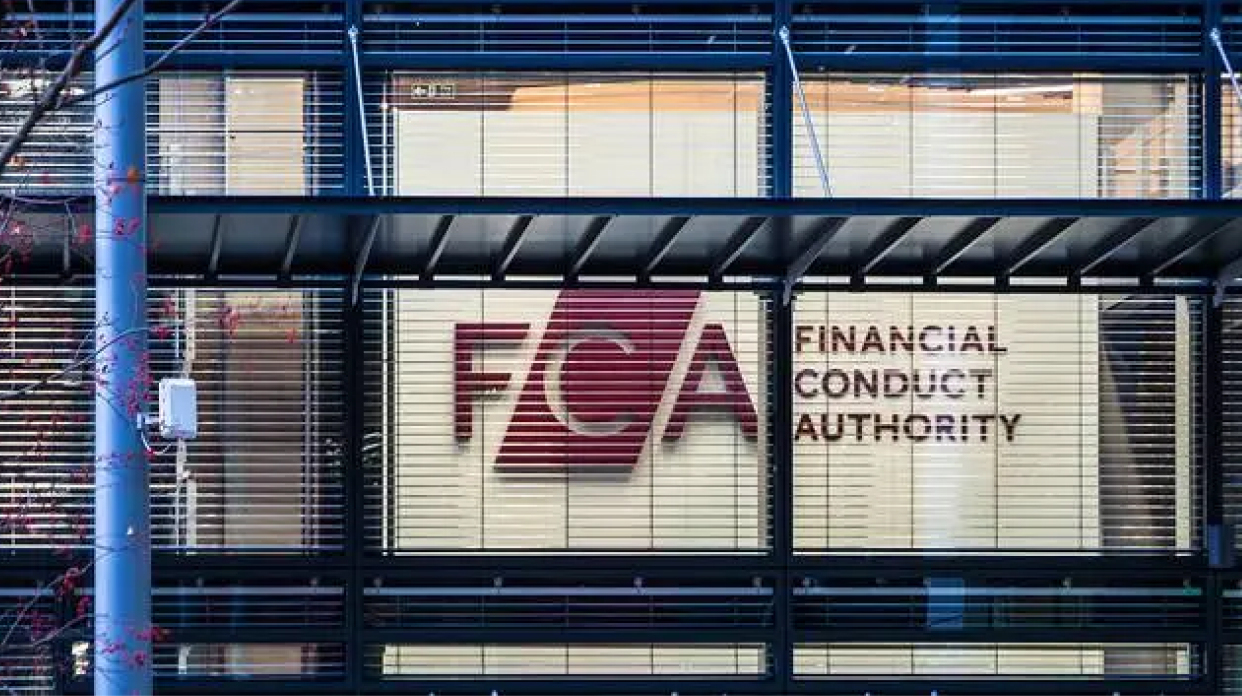
Financial Conduct Authority
Year 2013Regulated by Government
The Financial Conduct Authority (FCA) is a financial regulatory body in the United Kingdom, but operates independently of the UK Government, and is financed by charging fees to members of the financial services industry. On 19 December 2012, the Financial Services Act 2012 received royal assent, and it came into force on 1 April 2013. The Act created a new regulatory framework for financial services and abolished the Financial Services Authority. The FCA regulates financial firms providing services to consumers and maintains the integrity of the financial markets in the United Kingdom. It focuses on the regulation of conduct by both retail and wholesale financial services firms.
Disclose broker
Disclosure summary
- Disclosure matching Supervision number matching
- Disclosure time 2014-06-16
- Penalty amount $ 2,783,132.00 USD
- Reason for punishment The Financial Conduct Authority (FCA) has today fined both Credit Suisse International (CSI) and Yorkshire Building Society (YBS) for failing to ensure financial promotions for CSI’s Cliquet Product1were clear, fair and not misleading. CSI was fined £2,398,100 and YBS’s fine was £1,429,000.
Disclosure details
Financial Conduct Authority fines Credit Suisse and Yorkshire Building Society for financial promotions failures
The Cliquet Product was designed by CSI to provide capital protection and a guaranteed minimum return with the apparent potential for significantly more if the FTSE 100 performed consistently well. The probability of achieving only the minimum return was 40-50% and the probability of achieving the maximum return was close to 0%. Despite this CSI’s and YBS’s financial promotions marketed the potential maximum return on the product as a key promotional feature.
The target market for the Cliquet Product was described by CSI as "stepping stone customers" who were conservative and risk averse. The product was typically sold to unsophisticated investors with limited investment experience and knowledge through a number of distributors. 83,777 customers invested a total of £797,380,716 in the product; with YBS being the distributor responsible for approximately 75% of the total amount invested.
The maximum return figure was given undue prominence in both CSI’s product brochures for the Cliquet Product, which YBS approved and provided to their clients, and in YBS’s own financial promotions for the product, some of which also did not clearly explain how returns were calculated.
Tracey McDermott, FCA’s director of enforcement and financial crime said:
"It is crucial that firms consider the needs of their customers from the time that products are being designed through to their marketing and sale. The information provided to customers forms an important part of this. Financial promotions are often the primary source of information for consumers and in this case CSI and YBS let their customers down badly. These promotions were a serious breach of the requirement to be clear, fair and not misleading.
"CSI and YBS knew that the chances of receiving the maximum return were close to zero but they nevertheless highlighted this as a key promotional feature of the product. This was unacceptable."
In September 2010, following concerns raised by third parties, including Which?, YBS changed its promotions so that undue prominence was no longer given to the potential maximum return. However, YBS continued to cite the potential maximum return and to give an unfair impression of the likelihood of achieving it. CSI also reviewed its promotions in response to the third parties’ concerns, but decided not to change its product brochure significantly.
In addition, the FCA found that CSI failed to have a procedure in place for a complete review of their long running promotions on a periodic basis. If CSI’s processes had included such a review, this may have resulted in the problems with the product brochure being remedied earlier.
Both firms agreed to settle at an early stage of the FCA’s investigation and therefore received a 30% settlement discount. Today’s fines are the first time that the FCA has taken action against both the manufacturer of a product and its distributor simultaneously.
Annex
More regulatory disclosure
Warning
2012-08-10
Warning
2016-04-25
Sanction
2009-03-24